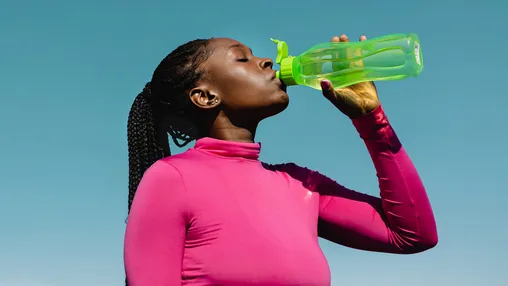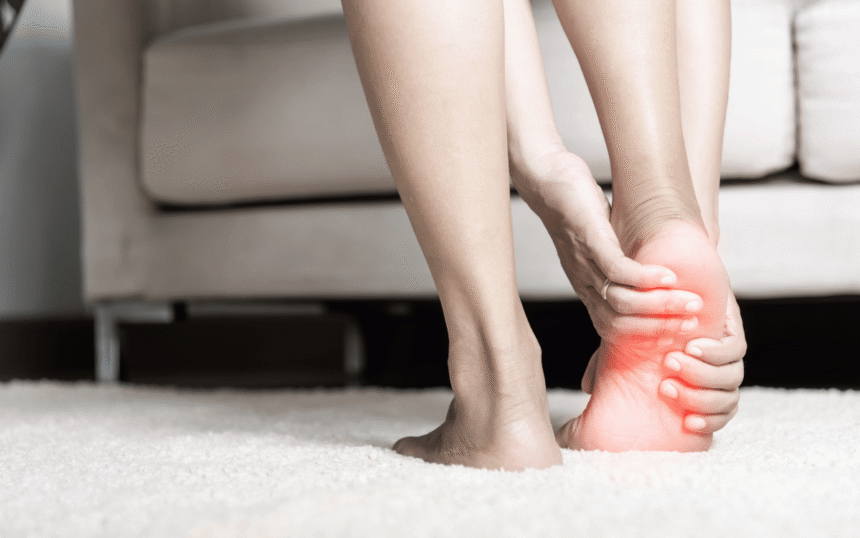Water is the foundation of life. While it’s common knowledge that we need to drink water to survive, many people underestimate just how vital hydration is to nearly every function in the body. From boosting energy and digestion to supporting brain health and immunity, staying hydrated is one of the simplest and most powerful things you can do for your health.
In this article, we’ll explore the science behind hydration, the signs of dehydration, and practical tips to ensure you’re drinking enough water every day.
💧 Why Hydration Matters
Water makes up about 60% of the human body, and nearly every system depends on it to function properly. You lose water throughout the day through breathing, sweating, urination, and digestion, which makes regular fluid intake essential.
Key Roles of Water in the Body:
- Regulates body temperature
- Lubricates joints
- Delivers oxygen and nutrients to cells
- Aids in digestion and waste removal
- Supports skin health
- Protects vital organs and tissues
- Enhances brain function and mood
Bottom line: Without enough water, your body can’t operate efficiently.
🚱 Common Signs of Dehydration
Even mild dehydration can impact your body and mind. Watch for these signs:
- Thirst or dry mouth
- Headache
- Fatigue or dizziness
- Dry skin or lips
- Constipation
- Dark yellow urine
- Trouble focusing or brain fog
- Muscle cramps
Tip: If you feel thirsty, you’re already mildly dehydrated.
🧠 Hydration and Brain Health
Your brain is about 75% water, and staying hydrated is essential for:
- Concentration
- Memory
- Mood regulation
- Sleep quality
Dehydration can lead to confusion, irritability, and difficulty thinking clearly.
Did you know? Just a 1–2% drop in hydration can impair cognitive performance.
⚖️ Hydration and Weight Management
Drinking water helps regulate your appetite, and many people mistake thirst for hunger. A glass of water before meals can support portion control and healthy digestion.
Hydration Weight Loss Benefits:
- Reduces calorie intake (zero calories!)
- Boosts metabolism slightly
- Aids in fat breakdown
- Prevents water retention by flushing out excess sodium
🏃 Hydration and Physical Performance
Whether you’re walking or running a marathon, hydration helps your muscles work more efficiently.
Benefits for Active Bodies:
- Improves endurance
- Reduces fatigue
- Prevents cramps
- Aids in post-workout recovery
Pro Tip: Drink water before, during, and after physical activity—especially in hot or humid environments.
🥗 How Much Water Do You Really Need?
The “8 glasses a day” rule is a general guideline, but your needs depend on age, activity level, climate, and overall health.
General Recommendations:
- Men: About 3.7 liters (15.5 cups) per day
- Women: About 2.7 liters (11.5 cups) per day
- Includes fluids from water, beverages, and food
Tip: A good rule of thumb is to drink enough so your urine is light yellow.
🥤 Tips to Stay Hydrated All Day
- Start your day with a glass of water
- Carry a reusable water bottle with you
- Add flavor with lemon, mint, or cucumber slices
- Eat water-rich foods like watermelon, cucumber, and oranges
- Set hourly reminders on your phone or use hydration apps
- Drink water before meals and snacks
⚠️ Who Is at Higher Risk for Dehydration?
Certain groups need to be extra cautious:
- Older adults: Thirst response diminishes with age
- Children: Higher body water turnover
- Athletes: Increased water loss through sweat
- People with health conditions: Like diabetes or kidney disease
- Hot or high-altitude environments: Lead to faster fluid loss
FAQs About Hydration
Q1: Can I drink too much water?
A: Yes. Overhydration (water intoxication) is rare but possible. Balance is key—listen to your body’s signals.
Q2: Are all fluids hydrating?
A: Water is best, but milk, herbal teas, and low-sugar beverages also count. Avoid sugary drinks and excessive caffeine.
Q3: Does coffee dehydrate you?
A: In moderate amounts, coffee is mildly diuretic but still contributes to your daily fluid intake.
Q4: What foods help with hydration?
A: Watermelon, cucumber, celery, strawberries, oranges, and lettuce are all high in water content.
Q5: How can I tell if I’m hydrated enough?
A: Light-colored urine and feeling alert and energized are good signs.
Q6: Is sparkling water as good as still water?
A: Yes—just make sure it’s unsweetened and free from artificial additives.
Q7: Can dehydration affect my skin?
A: Definitely. Dehydration can make your skin appear dry, tight, and flaky.
Q8: Should I drink water before bed?
A: Yes, but avoid large amounts to prevent sleep interruptions for bathroom trips.
💧 Conclusion: Hydrate for a Healthier You
Water is more than just a thirst quencher—it’s a lifeline for your body and brain. Staying hydrated is one of the easiest, most affordable, and most effective ways to enhance your health, boost energy, and support every major bodily function.
Start with a single sip, and build a daily hydration habit. Your body will thank you—one glass at a time.









